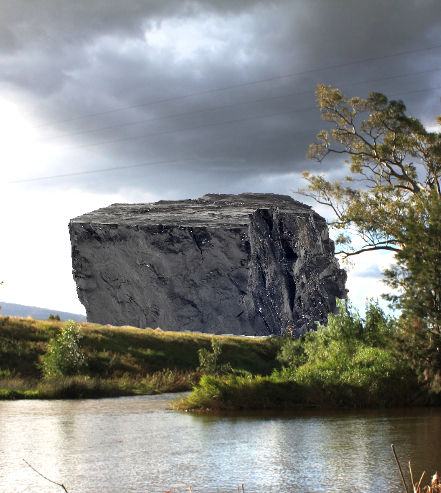Carbon hit concentrated
 A new study has found two Queensland councils will be particularly badly impacted by carbon failure.
A new study has found two Queensland councils will be particularly badly impacted by carbon failure.
The report warns Australia will lose hundreds of thousands of jobs, mostly in a handful of regions, if it fails to make the changes required by foreign emissions schemes.
The modelling by the independent Centre for Policy Development looked at the impact of locked-in and likely commitments for net zero carbon emissions by 2050.
Queensland’s Central Highlands and Isaac Regional Council are predicted to be the worst affected.
Researchers Toby Phillips and Warwick Smith say the national impact on jobs will be about two per cent of the labour force, but the pain will be concentrated in some communities.
Seven local government areas out of 537 assessed would have more than 20 per cent of their workforce affected.
If Australia faces the predicted 2050 levels of demand for fossil fuels, up to 300,000 jobs and over $150 billion in output would be at risk, they say.
“The implications of global carbon transition are highly concentrated in Australia,” Mr Smith, an economist, said.
“It will not crash the whole economy, but there are a handful of local government areas, half a dozen or so, which will be profoundly affected.
“This is where we must focus.
The report says; “Shutting down a mine does not just affect the miners, it also affects the local pub and the retail stores in the nearest town”.
As well as the Isaac and Central Highlands in Queensland’s Bowen Basin, the report says serious impacts will be felt in Singleton in the NSW Upper Hunter region in NSW, and the Pilbara in Western Australia.
However, the report also outlines “enormous opportunities” for regional Australia in aluminium, ammonia and steel produced with renewable energy.
It also says jobs will be created by new supply chains for making batteries and hydrogen, and service industries.







 Print
Print